Sport
Dollar
38,2552
0.34 %Euro
43,8333
0.15 %Gram Gold
4.076,2000
0.31 %Quarter Gold
6.772,5700
0.78 %Silver
39,9100
0.36 %The regional body has always emphasised the importance of resolving member-state conflicts through mediation and other diplomatic means.
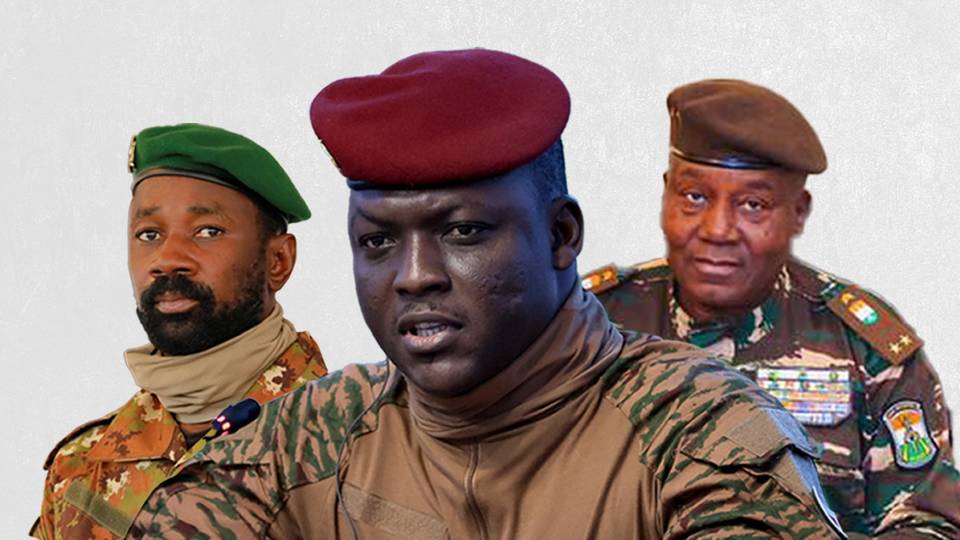
By Mubarak Aliyu
When the Economic Community of West African States (ECOWAS), was founded in 1975, the organisation’s primary mission was promoting economic cooperation among its member states, as well as collaborating on issues of political stability, security, and social development.
The regional body has always emphasised the importance of resolving member-state conflicts through mediation and other diplomatic means.
Despite this, ECOWAS has also carried out a series of military interventions in member states in the past, mainly for peacekeeping efforts.
However, none of the military interventions in the past have led to strong divisions within the bloc as the one proposed to be carried out in Niger.
Since the announcement of a possible ECOWAS military intervention in Niger, neighbouring Mali and Burkina Faso, both countries under military rule and ECOWAS sanctions, have formed a military alliance to resist any invasion on Niger and their countries, which later metamorphosed into the political Alliance of Sahel States (AES).
Considering the history of ECOWAS with coups and responses to general political instability, what then caused the rift that led to its fragmentation and the eventual exit of the AES countries?
Following the July 2023 coup in Niger, ECOWAS imposed strict sanctions on the country, aiming to pressure the junta to restore democratic rule by reinstalling the ousted President Mohamed Bazoum.
The sanctions, which the military government described as “inhumane” have disrupted trade, exacerbated food shortages and led to power outages.
These measures disproportionately caused significant hardship for civilians, further making ECOWAS unpopular among sizeable portions of the population who supported the coup.
The junta's resistance to the sanctions further complicated the situation, with the regime challenging the sanctions in court.
In addition to the sanctions, ECOWAS threatened to intervene militarily to force the restoration of President Bazoum; a threat which led to Mali and Burkina Faso promising to join Niger in defence against any ECOWAS attack.
This military alliance was the basis of what would later become the AES, which consolidated security, economic and political cooperation between the three countries.

One major reason why ECOWAS threatened to use military force to restore democracy in the wake of the Niger coup was that it received backing from the African Union and international powers, mainly the governments of France and the United States.
Niger plays a crucial role in combating insurgents and militias, with both France and the US having significant military presence and vested interests in maintaining stability in the country.
France heavily relies on Nigerien uranium to power its nuclear reactors, which contribute to 70 percent of its electricity supply.
Given the strategic military and commercial interests of France and the United States in Niger, it was evident that both countries would support a possible military intervention by ECOWAS especially as diplomatic efforts were stalling.
Effectively, ECOWAS became perceived as an organisation serving Western interests as opposed to fostering regional cooperation.
The combination of harsh sanctions with the threat of a military invasion, mixed with heightened anti-French sentiments set the motion for the fragmentation of ECOWAS, which has now triggered the exit of Mali, Burkina Faso and Niger.
Although ECOWAS opted not to intervene militarily, tensions between the regional body and the AES states remain high, as the latter considers the former to be promoting western interests.
As ECOWAS member states are perceived to be promoting Western interests, the AES countries, particularly Mali and Burkina Faso have also developed closer ties with Russia.
These developments signal the deepening geopolitical interests at play in West Africa and the Sahel, which also bring the risk of wider regional instability.
The Russian military recently set up its African Corps; an armed force set to replace the Russian private military company (PMC) Wagner Group, which has been operational in Mali and the Central African Republic (CAR).
Over 100 African corps troops were reportedly sent to Burkina Faso on 24 January 2024, in a significant development towards stronger security ties between the two countries.
Within the same week, the US Secretary of State Anthony Blinken went on a tour of three countries in West Africa (Cape Verde, Cote d’Ivoire and Nigeria), as well as Angola in Southern Africa, in a bid to deepen economic and security partnerships at a time when Russia has gained sway in the region.
This geopolitical competition is expected to further widen the gap between the AES countries and the coastal states in ECOWAS, with west-leaning and Russia-leaning governments.
In the short term, the wider implications of Burkina Faso, Mali and Niger exiting ECOWAS remain yet to be seen.
The ECOWAS leadership has stated that it is ready to engage the AES governments, signalling room for a diplomatic resolution.
However, the openness of the three countries to diplomatic talks has not been confirmed.
Without the participation of the three countries in the negotiation process, the advancement of crucial trade and investment deals may be hindered, potentially impeding economic development and prosperity throughout the region.
On a continental scale, a fragmented ECOWAS will also negatively affect the African Continental Free Trade Area (AfCFTA), which relies on regional blocs to aid the movement of goods and services across the continent without restrictions.
Considering the role of the three countries in the fight against terrorism in the region, their departure is also likely to have adverse effects on ongoing collaborative efforts to address security issues.
There is a growing need to revise the ECOWAS approach to military coups, which should consider targeted sanctions against junta leaders, as opposed to the population at large.
In the near term, it is unclear how the three landlocked countries of the Sahel can navigate a new path with their coastal neighbours, especially in the face an ongoing geopolitical competition.
Mubarak Aliyu is a political and security risk analyst specialising on the West Africa and Sahel regions
Disclaimer: The viewpoints expressed by the author do not necessarily reflect the opinions, viewpoints and editorial policies of TRT Afrika.
Comments
No comments Yet








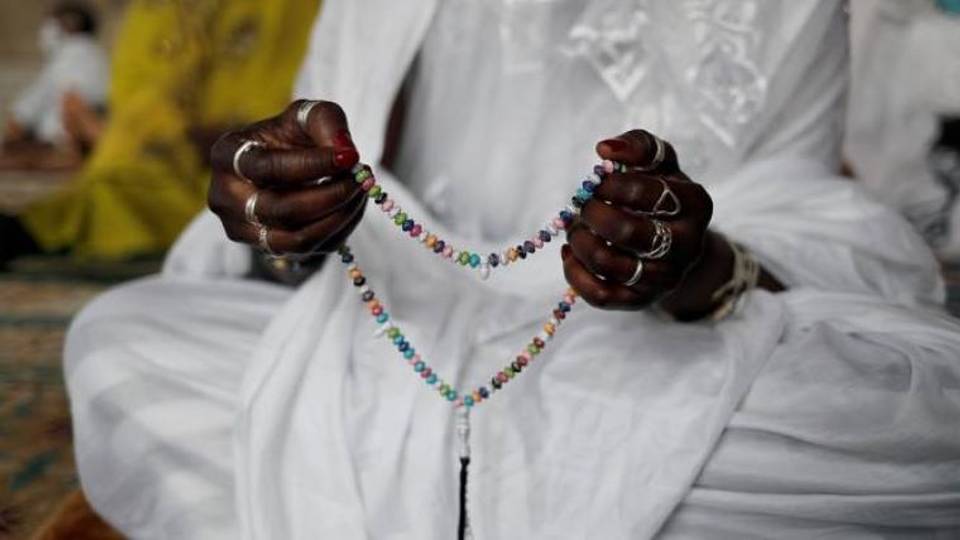
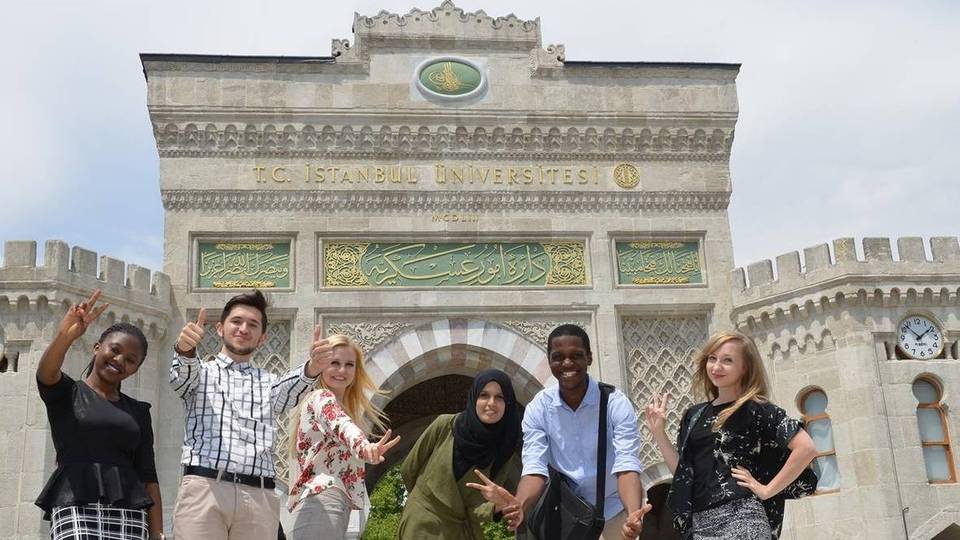
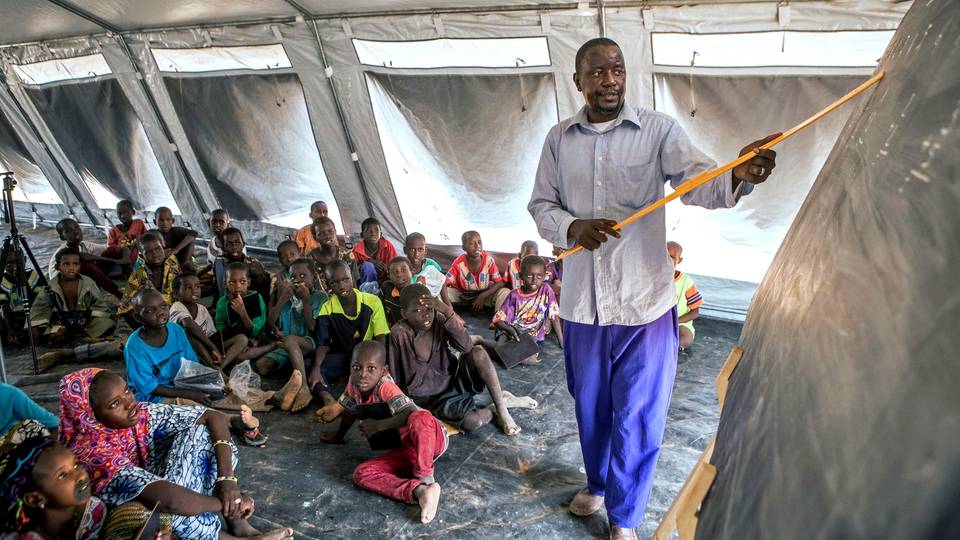
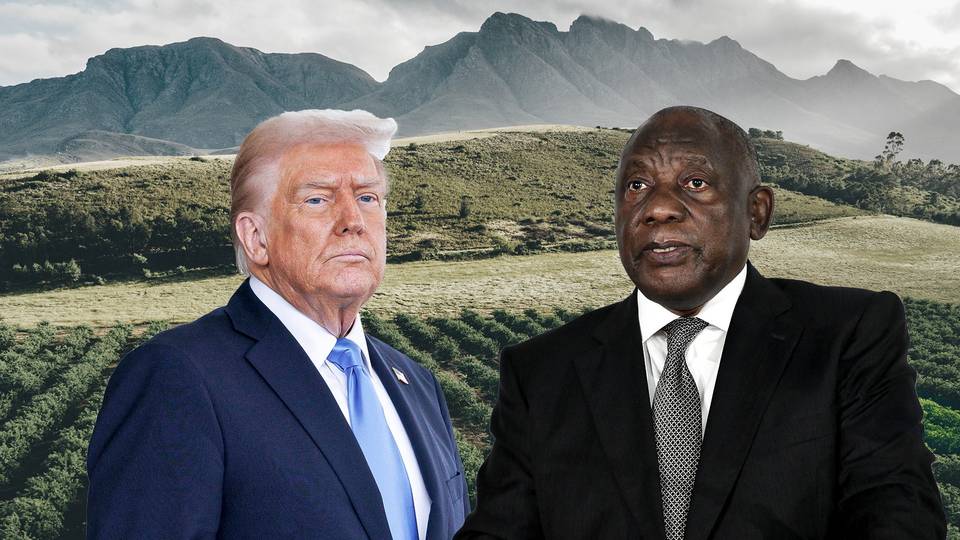








Comment